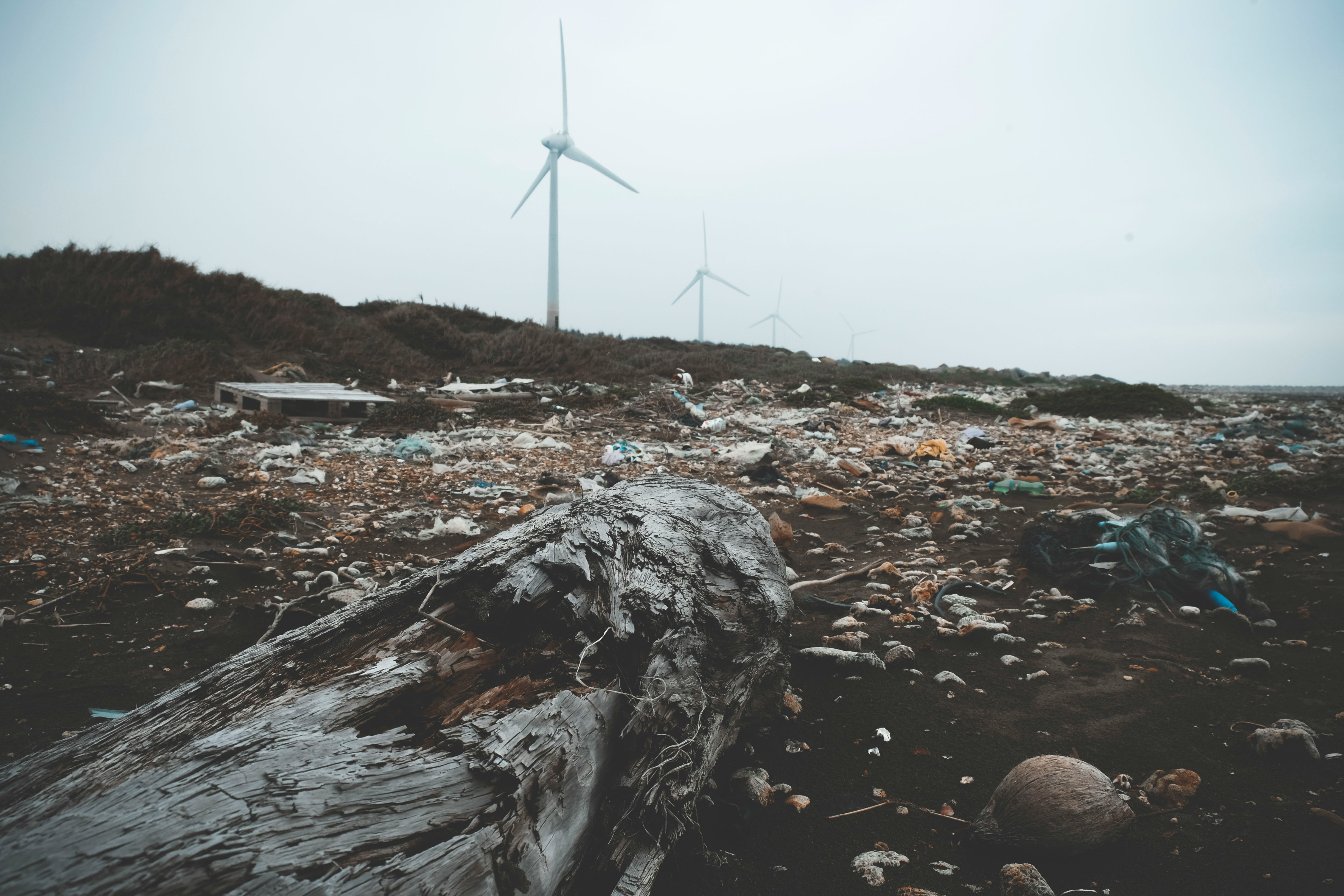Impacts of trace metal pollutants on the environment and communities
Exploring the environmental and health risks of lead pollution and the need for policy action
Published 16 Sep 2024
 Image source: Unsplash
Image source: Unsplash
Trace metal pollutants, such as lead, have long-lasting effects on the environment and human health. Even though many of these harmful metals were banned decades ago, their presence still lingers in soil, water, and food sources, particularly in areas surrounding abandoned mines. Dr Andrea Sartorius, Research Fellow at the University of Nottingham, in collaboration with the Welsh Government and local authorities, has been investigating the impact of trace metal pollution on communities in Wales, shedding light on the environmental and health risks associated with these pollutants. This research not only highlights the urgent need for policy intervention but also underscores the importance of stakeholder collaboration to mitigate the effects of these pollutants.
Understanding the impact of trace metal pollutants
Lead, which was banned from consumer products in the 1980s and 1990s, still contaminates the environment, particularly around abandoned mining sites. In Wales alone, there are over 1,300 such sites, many of which have polluted the surrounding areas with high levels of lead. Winds and water can carry the metal from contaminated waste into nearby soils, rivers, and even food sources, posing risks to both livestock and human populations. Dr Sartorius has studied areas around these mines, finding high concentrations of lead in local water supplies, soil, and even in animals. The prolonged exposure to these pollutants raises significant concerns for the long-term health of local communities and ecosystems, indicating a need for immediate attention and remediation.
Engaging policymakers and stakeholders
To address the pressing issue of trace metal pollution, Dr Sartorius used resources and training from the Policy Impact Pathways Programme (PIPP) to engage key stakeholders and policymakers. By mapping out the network of individuals and organizations involved, she convened a workshop in Cardiff to bring together local and national policy experts. The aim of this workshop was to foster collaboration and develop a model for sharing resources and ideas on how to reduce the impact of trace metal pollutants in both Wales and England. These discussions provided a platform for shaping potential policy recommendations and interventions, with a focus on protecting both the environment and public health.
Policy implications and broader impact
As a result of her research and public engagement, Dr Sartorius was invited to present her findings at the House of Commons Welsh Affairs Committee’s session on Metal Mine Pollution in May 2024. Her work caught the attention of media outlets, including the BBC, and she shared insights on the broader impact of trace metal pollutants on a national scale. Additionally, she appeared on the Knowledge, Engaged Podcast to further discuss the policy implications of her research.
Although the Cardiff workshop did not formally establish an ongoing network, attendees reported forming new partnerships to address trace metal pollution. Furthermore, the project opened up possibilities for expanding the research to mining sites in England, with the potential to scale it across the entire UK. These developments underscore the growing awareness of trace metal pollutants and their dangerous effects on both the environment and public health, making it clear that further research and policy interventions are urgently needed to address the issue on a national level.
In conclusion, Dr Andrea Sartorius' work has provided a crucial insight into the continued risks posed by trace metal pollutants. Her research highlights the need for ongoing collaboration between scientists, policymakers, and the public to effectively reduce these environmental hazards and protect community health.
Thanks for reading this article as part of our ongoing impact series. To know more about our work at the Institute, send us an email at theinstitute@nottingham.ac.uk, or follow us on all social media platforms.